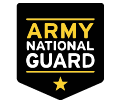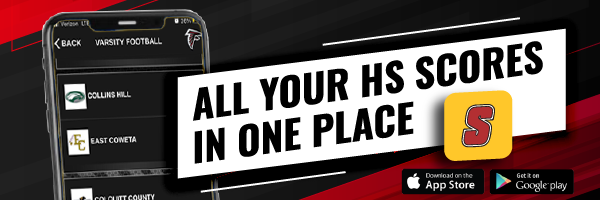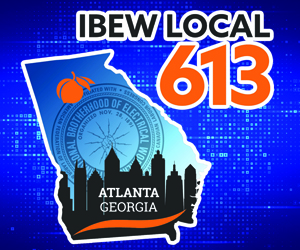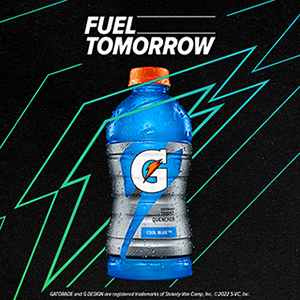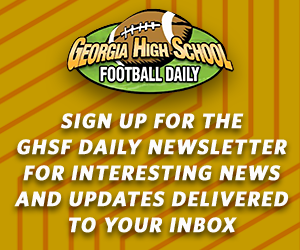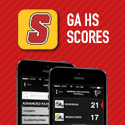For high school athletics programs across the state of Georgia ─ and the country, for that matter ─ having high-quality athletes is crucial. But, in a state where school systems only allocate a limited budget for sports teams, finding extra funding in order to support those athletes becomes a pressing need for many athletics directors and coaches.
That’s where Phil Campbell steps in: to help coaches take their programs to the next level.
FILLING A VOID …
Campbell has been running fundraisers in the metro Atlanta area for 12 years with David Christofferson and started Gameday Marketing in early 2008 using sales of ‘playbooks’ and ‘player cards’ as vehicles for schools to earn profit. When Gameday receives interest from a school, Campbell goes to local merchants, whether small retailers or large restaurant chains, and asks them to provide a special discount that they would not normally offer. The service is free to merchants. Those coupons then go in a playbook-a tri-fold piece that allows either 12 or 24 merchants to participate with two to four coupons apiece-or a player card, which features seven key cards packaged around a central, reusable card that allows a company to get its logo on the offer.
For athletics programs, the process is relatively easy.
"We put together a no-risk fundraiser for the program," said Campbell. "There’s no up-front cost and there’s no minimums required. What they don’t sell, they can return. The schools make a minimum of 50 percent profit."
It is up to the players and coaches to sell as many playbooks or player cards as possible in a two-week period. Trying to sell as much as possible in order to maximize profit can be a galvanizing experience for a team.
"We’re trying to use this as a team-building exercise," explained Campbell. "At the end of this fundraiser, the team becomes closer because they hit their goals along the way."
MILTON MONEY …
Perhaps Gameday Marketing’s biggest success story is the Milton High School football program. The Eagles have no state championships in their history and had enjoyed no winning seasons in six years when head coach Scott Walker arrived in 2006. In 2005, Milton did the same Gameday fundraiser the school does today under Walker, but the previous coaching staff raised just $9,000. Four years later, in 2009, the Eagles raised close to $72,000 in two weeks with Campbell’s company. This year, that total rose to $90,000. When he got to Milton, Walker quickly recognized the potential value of these fundraisers.
"I told our kids, if we knock this out of the park, we’re done-we’re not going to be doing car washes, selling doughnuts-there’s so much money to be made with this particular fund raiser. It certainly helps," Walker said.
The key for raising such an eye-popping total, Walker explained, is keeping up with their kids throughout the process.
"Every day, how we take roll at our positional meetings is by the kids reporting how many cards they’ve sold. I think you have a lot of coaches that give the kids the cards and then three weeks later get them back-we check up every single day," Walker said. "We’re talking about it at the same time we’re talking about tackling or running to the ball or whatever else we’re coaching them on."
The two-week sales process is an opportunity for upperclassmen to take a leadership role, so when younger players fall behind on their selling, the older players can step in and help encourage them to be more proactive.
"It’s something expected of our older kids to do," said Walker.
Milton also offers up incentives for players that sell numerous playbooks, whether it is new sweat suits or the opportunity to go to the team’s summer football camp for free. That motivation works both ways.
"We feel like we’ve got to do something to motivate the kids, and when they’re helping you make money you want to do more for them and we give them a reason to help sell more cards. It’s worked well," Walker explained.
NOT JUST FOOTBALL …
More often than not, Gameday Marketing’s fundraising opportunities are a smashing success, and those successes aren’t limited to football programs. The North Gwinnett baseball program earned $20,000, while the soccer team at South Forsyth High School made more than $10,000. Most football programs Campbell works with earn upwards of $40,000.
Community involvement is always key in getting the most out of a fundraiser.
"We have a lot of people that will come back asking to buy more cards. It’s not like 10 percent off at McDonalds. The great offers get put on there because [Phil] is local and he goes to all these merchants in person so we get better products. By and large, do we probably have people getting tired of their doors getting knocked on during these two weeks? Sure, but we sold 6,200 of the playbooks so I’d say the vast majority of our community supports the process," Walker said.
Most importantly, as Campbell pointed out, "The kids enjoy this fundraiser because it’s an easy product to sell."
In essence, Gameday Marketing’s fundraisers help coaches raise the money they need to elevate their program to the next level.
"At the end of the day, we feel like that to compete, we have to make sure we have every competitive advantage available," Walker explained. "We have really nice things-nice equipment, nice uniforms, a field house, a Jumbotron-but with money comes high expectations, and we have to do our part."
Without the help of Gameday Marketing, however, Milton, and numerous other high school programs across the state, would be unable to afford nice equipment or a field house.
Walker sums it up best: "I don’t know anybody doing one fundraiser and making this kind of money. We’re not complaining."



